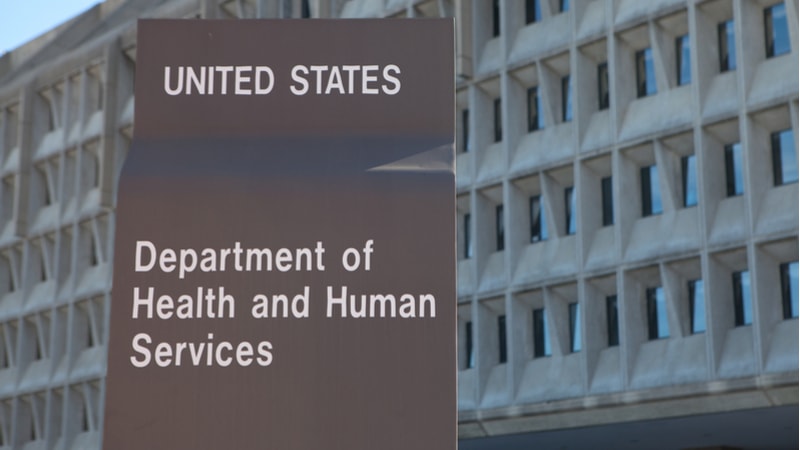
A new report from the Department of Health and Human Services’ (HHS) CTO calls out the department and its individual agencies for keeping their data in silos, and calls for a department-wide data governance framework.
“Whether surveillance, survey, or claims data, HHS expends an enormous amount of financial resources to report on the state of the health of the population it serves,” says the report, conducted by CTO Ed Simcox’s Data Initiative Team. “These data, however, are largely kept in silos with a lack of organizational awareness of what data are collected across the Department and how to request access.”
Among the problems the report highlights are the lack of a consistent framework for sharing data between agencies, inadequate and redundant technology, a difficult regulatory framework, and norms within the department that discourage data sharing.
While HHS has embraced increasing public access to open data through tools such as its HealthData.gov portal, sharing non-public data among its 29 agencies remains an issue. The report notes that data- sharing agreements vary widely, both between and within agencies, and requests can take months, even up to a year, to be fulfilled. “This lengthy process creates a burden on the data analyst to navigate a range of agreements to access datasets from within HHS,” the report notes. The various processes also lead to varying response times from different agencies, without any consequences for delays.
The Data Initiative Team also noted the technological challenges of accessing data. “The technical formats and approaches to sharing restricted and nonpublic data across agencies vary widely,” the report notes. The report also highlights redundancies in acquiring technology to clean and analyze data.
Agencies also face issues out of their control when it comes to data sharing, the report says.
Multiple agencies pointed to statues that prohibit data sharing without explicit authorization, and the report highlights restrictions imposed by the Privacy Act of 1974, the Health Insurance Portability and Accountability Act (HIPAA), state agreements, and the interagency agreement process. Additionally, agencies have to ensure that personally identifiable information remains secure, which limits the microdata that agencies can share. “While no agency disputes the laws and process, the arduous nature of statute, regulation, and policy compliance serves as challenges against widespread data sharing,” the report says.
One problem that is under HHS’ control is the lack of norms around sharing data. The report notes that analysts often do not know what nonpublic data is available outside their agency, few resources are dedicated to sharing nonpublic data, and many staff do not view data sharing as part of their job. “Limited resources and funds make agencies hesitant to ask others for increased data collaboration,” the Data Initiative Team said.
To move past these challenges, the report suggests that “attention should be given to existing interagency and data use agreements that relate to data collection and use as well as relevant regulatory reform.” The Data Initiative Team also called for a departmental strategy to tackle the issue, and noted the importance of finding use cases and demonstrating business value. “Efforts are underway to construct an enterprise-wide data sharing framework, through validation and collaboration with agencies and using an agile development approach,” the report notes.
